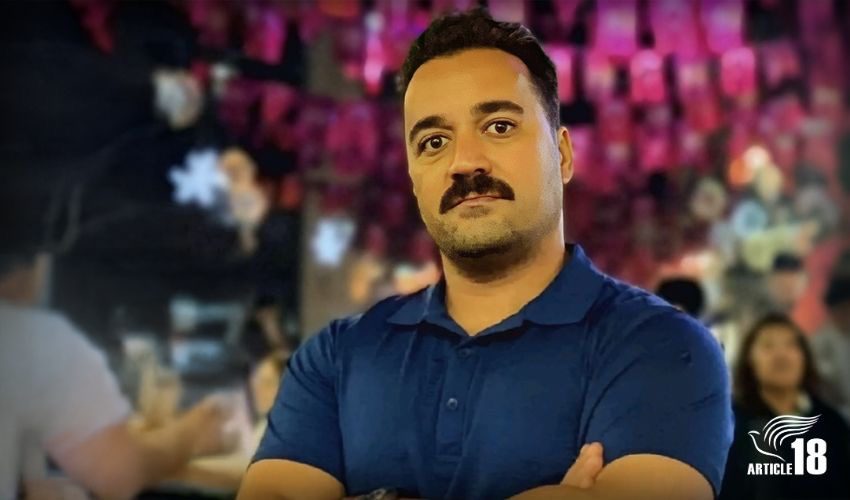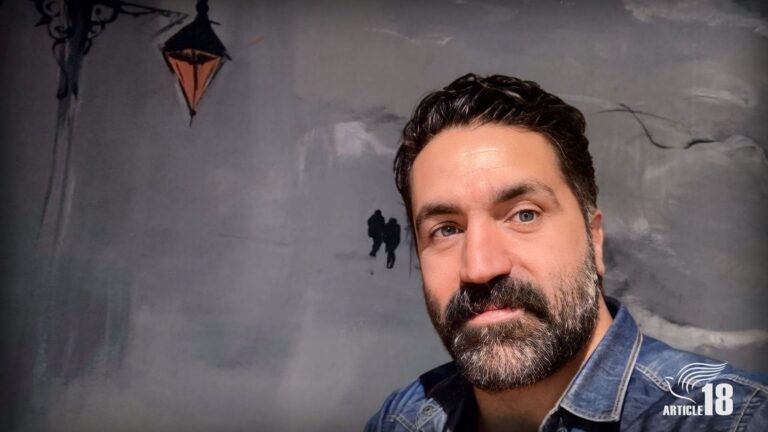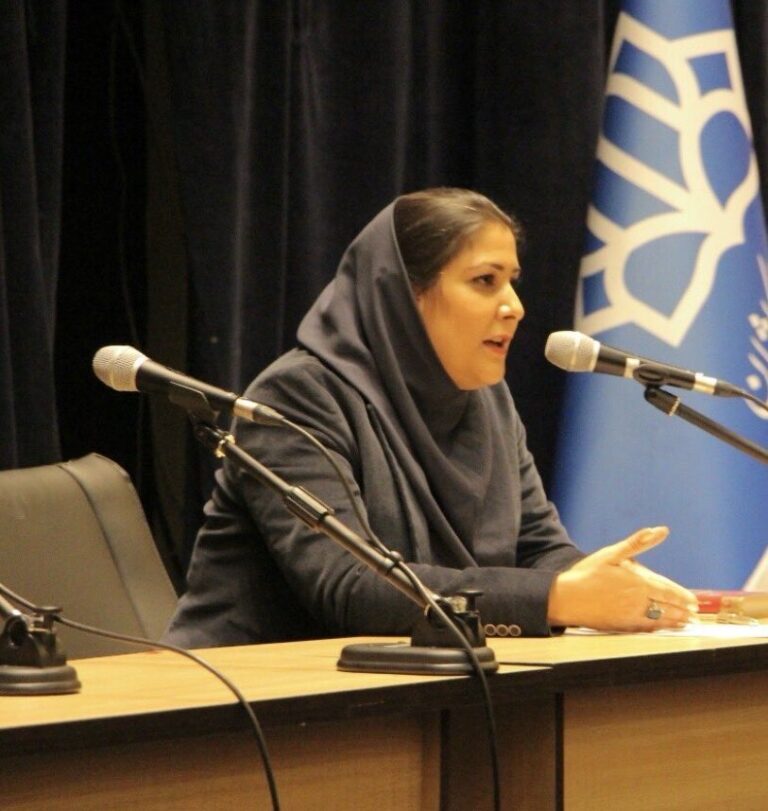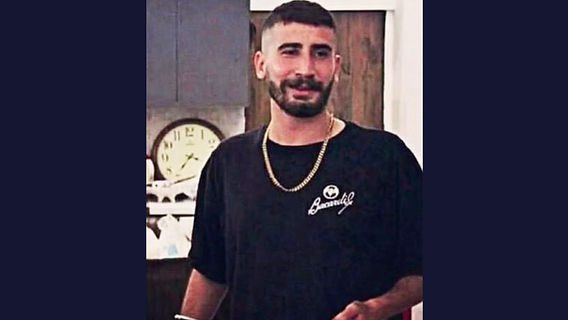
Iran’s Supreme Court has rejected the application for a retrial of a Christian convert serving a 10-year prison sentence for worshipping in a house-church.
Mehran Shamloui has been in prison for two months, having been detained on his return to Iran on 3 July, after he was deported from Turkey, where he had fled following his sentencing in March.
The 43-year-old was transferred from Mashhad Airport to the Greater Tehran Penitentiary, where many male prisoners were sent following the missile strike on Evin Prison.
In August, Mehran was among the prisoners to be sent back to Evin, alongside fellow Christians Joseph Shahbazian, Nasser Navard Gol-Tapeh and Hakop Gochumyan, after the prison was partially reopened.
Another Christian prisoner, Amir-Ali Minaei, is unaccounted for, while female prisoners including Christian converts Mina Khajavi and Aida Najaflou remain in Qarchak Prison, where conditions are reportedly dire.
After her transfer to Qarchak, Aida released a voice recording, which was published by Iran International, in which she complained that the prisoners had been transferred in “such a disgraceful manner, handcuffed”, and were now “suffering without clean water, cooling, or heating, lacking hygiene and proper food, entangled and helpless”.
Background
Mehran was sentenced alongside two other Christian converts, Abbas Souri and Narges Nasri, who at the time was midway through her pregnancy.
All three fled the country, but Mehran decided not to apply for refugee status in Turkey, having seen so many other Iranian Christians spend years awaiting resettlement only to see their applications rejected.
Instead, he attempted to cross the border into Europe, but he was caught, detained and deported.
The three Christians were arrested in November last year during concurrent raids by intelligence agents on their homes in Tehran, during which personal belongings including Bibles, crosses and musical instruments were confiscated.
They were sent to Ward 209 of Evin Prison, which is under the control of the Ministry of Intelligence, before being released on bail equivalent to more than $20,000 each a month later, following a series of lengthy and intensive interrogations.
Their court hearing took place on 15 February at Branch 26 of the Revolutionary Court of Tehran, where they were officially charged with “membership of opposition groups”, “propaganda against the system” and “propaganda activities contrary to Islamic law through foreign relations,” under Articles 499, 500 and 500 bis, respectively.
Their sentencing was pronounced on 8 March by notorious Revolutionary Court judge Iman Afshari.
Narges, 38, received the stiffest sentence – 10 years for “propaganda activities contrary to Islamic law”, five for membership of an “opposition group” (house-church) and an additional one year for “propaganda against the state” – for having posted on social media in support of the Women, Life, Freedom movement.
Abbas, 48, received a total of 15 years in prison – 10 years for “propaganda activities” and five for membership of an “opposition group” – while Mehran received an eight-year sentence for the first charge and two years and eight months for the second.
All three were also sentenced to years of deprivation of social rights, such as to health, employment or education – 15 years each for Narges and Abbas, and 11 years for Mehran – while Narges and Abbas were fined 330 million tomans ($3,500) each, and Mehran 250 million ($2,750).
Narges and Abbas were also banned from membership of any group, residing in their home province of Tehran or leaving Iran for two years after their release.
Their appeals were rejected by the 36th branch of the Tehran appeal court in April, “in view of the scope of their activities, and their harmful effects”.



0 Comments